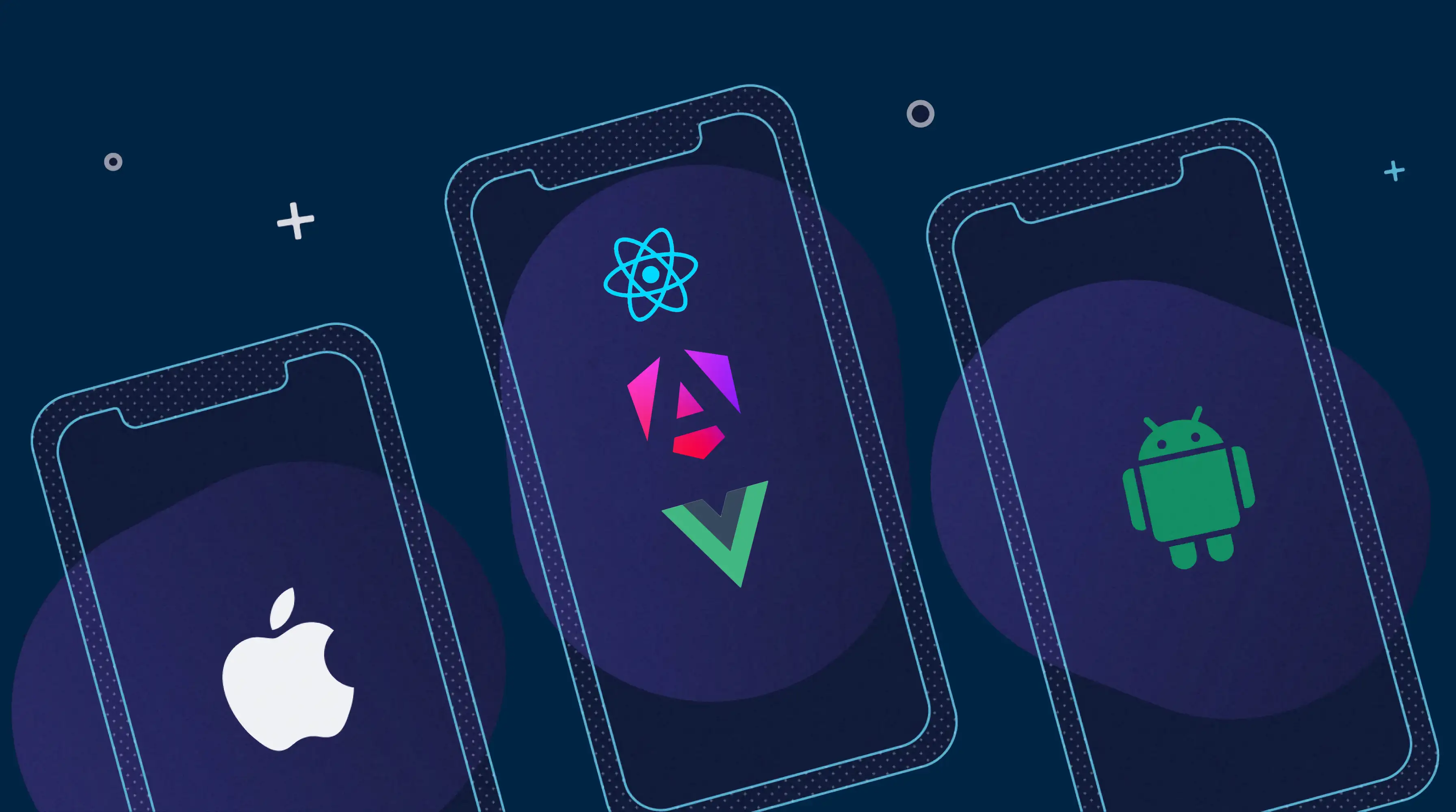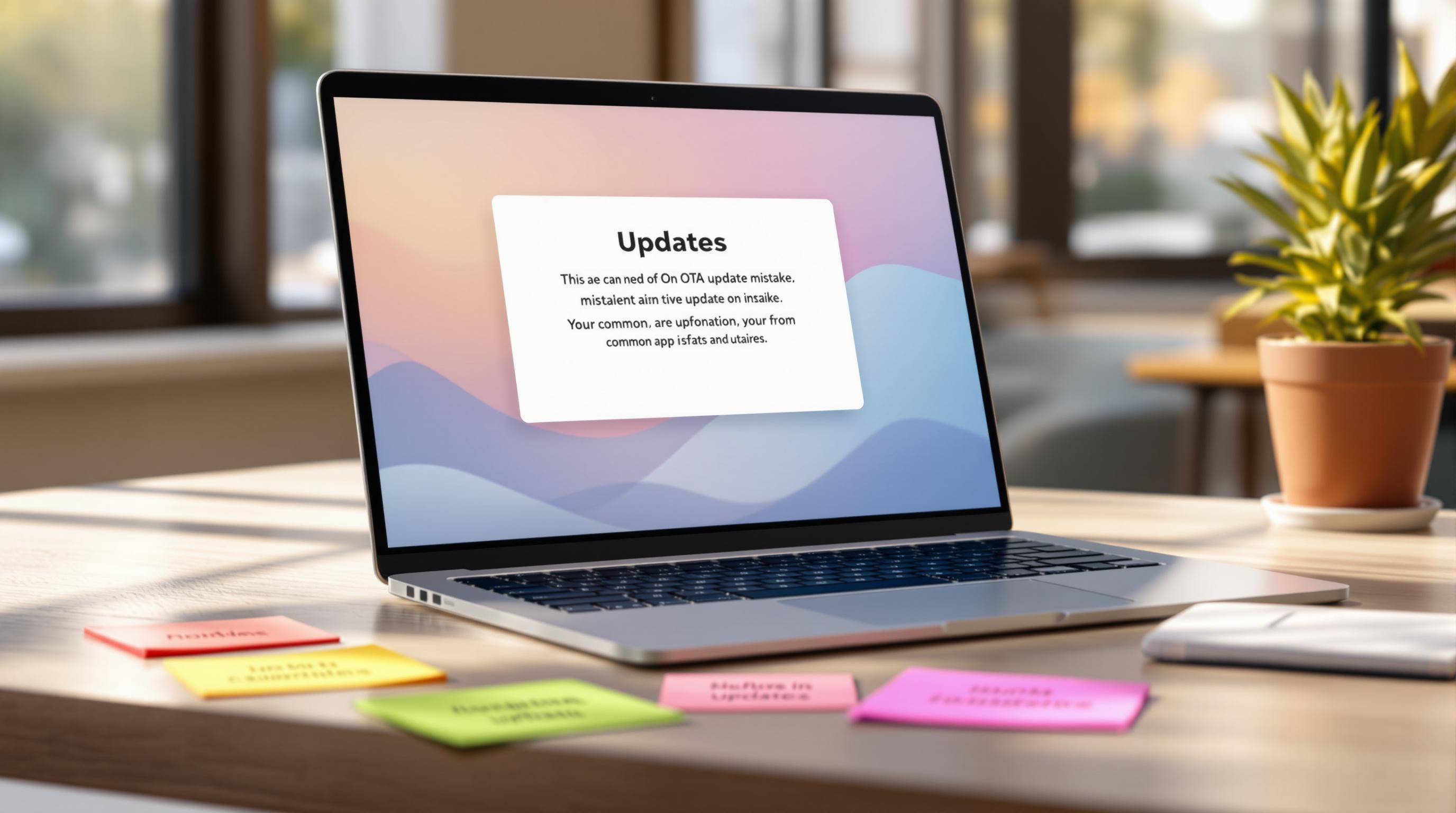Why Cross-Platform Mobile App Development Matters in 2024
Cross-platform mobile app development has become increasingly important in 2024 as businesses aim to reach wider audiences across iOS, Android and web platforms. Developing separate native apps for each platform is costly and time-consuming.
Cross-platform frameworks like Ionic allow companies to build apps that run on multiple platforms from a single codebase. This greatly reduces development time and cost while enabling feature parity and consistent user experiences across devices.
Key benefits of cross-platform mobile app development in 2024 include:
- Wider Reach - Deploy your app to billions of iOS, Android and web users from one project.
- Reduced Costs - Avoid maintaining multiple native codebases and teams.
- Faster Development - Reuse code across platforms to ship features more rapidly.
- Consistent UX - Provide a seamless experience to users on any device.
As mobile usage continues to grow in 2024 and beyond, a cross-platform app strategy is essential for businesses to stay competitive. But what’s the best approach?
Analyzing Patterns in Mobile App Architecture
Most mobile apps are composed of common UI components and patterns, such as:
- Header bars with titles and action buttons
- Lists of data, often scrollable or searchable
- Tab bars and navigation menus
- Forms with input controls
While the styles may differ between platforms, the core building blocks are the same. Modern cross-platform frameworks like Ionic provide pre-built, customizable UI components that automatically adapt their look and feel to each platform.
Using a single set of UI components across iOS, Android and web apps enables massive code reuse. Developers only need to build features once and can tweak styling as needed for each platform.
Web-Based vs Native Cross-Platform Approaches
There are two main approaches to cross-platform development: web-based and native.
Web-based frameworks like Ionic use standard web technologies like HTML, CSS and JavaScript. The UI runs in a web view, with plugins providing access to native device features. While performance was a concern in the past, modern JavaScript engines have mostly closed the gap with native.
Native cross-platform frameworks like React Native and Flutter take a different approach. They provide React or Dart code that gets compiled to native widgets and code. This enables closer to native performance but requires using proprietary languages and tools.
Ultimately, the choice depends on your team’s skills and goals. Web-based frameworks enable you to leverage existing web talent. Native frameworks require more specialized skills but may have performance benefits for demanding apps.
Supercharging Development Speed With Ionic
Ionic is the leading cross-platform development framework, powering over 15% of apps in the app stores. It provides a complete SDK with:
- 100+ pre-built UI components for iOS, Android and web
- Ionic CLI tooling for project scaffolding, previews and deployments
- Integrations with popular front-end frameworks like React, Vue and Angular
- Capacitor and Cordova plugins for accessing any native device feature
- Live app updates, auth and CI/CD with Capgo or Appflow
By leveraging web standards, Ionic enables developers to use their existing skills to build high-quality apps for any platform. A single codebase dramatically reduces development time and maintenance costs.
In 2024, Ionic continues to push the envelope of what’s possible with web technologies. Ionic 7 introduces powerful design tools, improved performance, and even tighter integrations with native SDKs.
Getting Started
In summary, cross-platform is increasingly becoming the default for app development as more companies realize the business benefits in 2024. Frameworks like Ionic enable a web-first approach, empowering developers to build amazing apps for billions of users in record time.
From startups to large enterprises, teams are using Ionic to power vital apps for customers, partners and employees across industries. If you’re considering a new mobile project in 2024, a cross-platform approach with Ionic is well worth exploring.
To get started, check out these resources:
With Ionic, you’ll be building engaging, high-performance apps for mobile and web in no time! Connect with an Ionic app strategist to learn more.
The future is cross-platform - get started today and crush your mobile app goals in 2024!
Simplify App Updates with Capgo
One of the key challenges of mobile app development is keeping your app up-to-date over time. Even with a cross-platform approach, publishing a new version for each update can be cumbersome.
This is where solutions like Capgo come in. Capgo is an open-source live update system for Capacitor apps. It allows you to push updates directly to users’ devices without going through the app stores.
Key benefits of Capgo include:
- Instant Updates - Push the latest version of your app in seconds without resubmitting to stores.
- Easy Rollbacks - Revert to a previous version effortlessly if needed.
- Phased Rollouts - Release updates to a percentage of users for testing before rolling out more widely.
- Self-Hosted Option - Host updates yourself for full control and privacy.
Capgo integrates seamlessly with Capacitor, the native runtime that powers Ionic apps. It’s easy to set up in any existing Ionic project.
By combining cross-platform development in Ionic with live updates in Capgo, you can maximize your agility. Ship new features faster and with less risk.
To get started with Capgo, check out the official documentation. Capgo is free and fully open source - so you can deploy it however you like!




